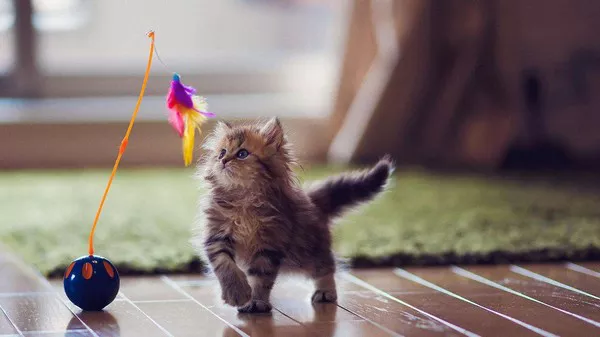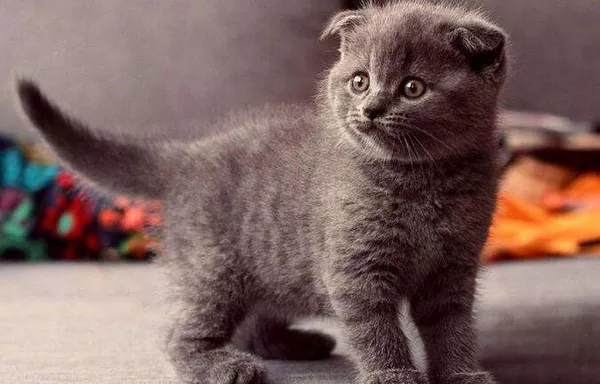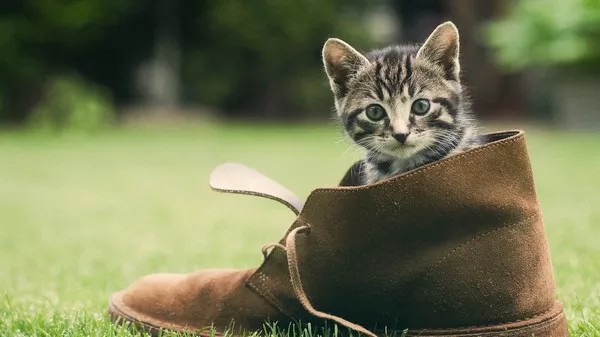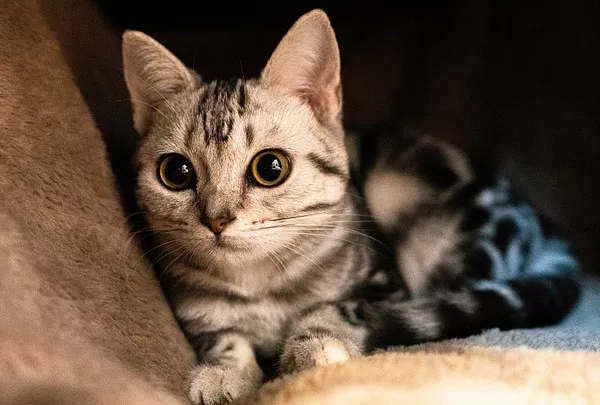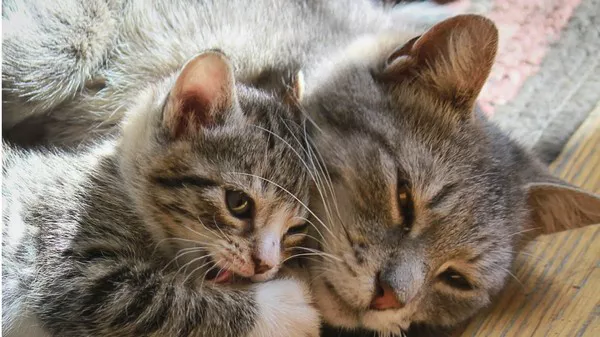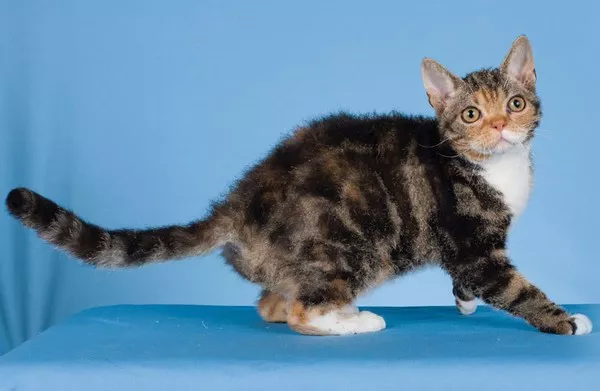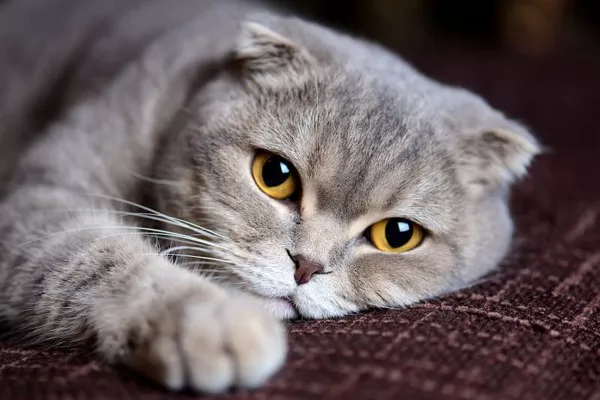Abyssinian cats are a popular breed of domestic cats that are known for their unique coat patterns, intelligence, and playful personalities. They are one of the oldest breeds of cats, with a rich history that dates back to ancient Egypt, and they have been bred in various parts of the world over the centuries.
One of the most common questions that people ask about Abyssinian cats is their lifespan. The average lifespan of an Abyssinian cat is about 12 to 15 years, but some may live up to 20 years or more with proper care and attention.
Factors that Affect the Lifespan of Abyssinian Cats
Like all living creatures, there are several factors that can affect the lifespan of Abyssinian cats. These include genetics, environment, diet, exercise, and overall health.
Genetics: Some Abyssinian cats may be more prone to certain health conditions, such as heart disease, kidney disease, and dental problems. It is important to get your cat from a reputable breeder who conducts health screenings and genetic testing to reduce the risk of inheriting these conditions.
Environment: The environment in which an Abyssinian cat lives can also affect its lifespan. Cats that are kept indoors and away from hazards such as traffic, predators, and poisonous plants are more likely to live longer than those that are allowed to roam freely outdoors.
Diet: A healthy diet is essential to a cat’s overall health and wellbeing. A balanced diet that includes high-quality protein, essential fatty acids, vitamins, and minerals can help to reduce the risk of obesity, diabetes, and other health problems that can shorten a cat’s lifespan.
Exercise: Regular exercise is also important for maintaining a healthy weight and reducing the risk of health problems in Abyssinian cats. Regular playtime and exercise can also help to keep cats mentally stimulated and happy.
Overall Health: Regular veterinary check-ups are essential to maintaining the overall health of Abyssinian cats. Cats that receive routine preventative care, including vaccinations, dental cleanings, and blood work, are more likely to live longer and healthier lives.
Common Health Problems in Abyssinian Cats
While Abyssinian cats are generally healthy and robust, there are a few health conditions that are more common in this breed than in others. These include:
- Gingivitis and periodontal disease: Abyssinian cats are prone to dental problems, which can lead to gum disease, tooth loss, and other health issues.
- Heart disease: Abyssinian cats are susceptible to hypertrophic cardiomyopathy, a condition in which the heart muscle becomes abnormally thick and can lead to heart failure.
- Kidney disease: Abyssinian cats are also prone to kidney disease, which can lead to kidney failure and other serious health problems.
- Allergies: Some Abyssinian cats may be prone to allergies, which can cause skin irritation, itching, and other symptoms.
In conclusion, the average lifespan of an Abyssinian cat is about 12 to 15 years, but some may live up to 20 years or more with proper care and attention. Factors that can affect the lifespan of Abyssinian cats include genetics, environment, diet, exercise, and overall health. By providing your Abyssinian cat with a healthy diet, regular exercise, and routine veterinary care, you can help to ensure that your feline friend lives a long and healthy life.


